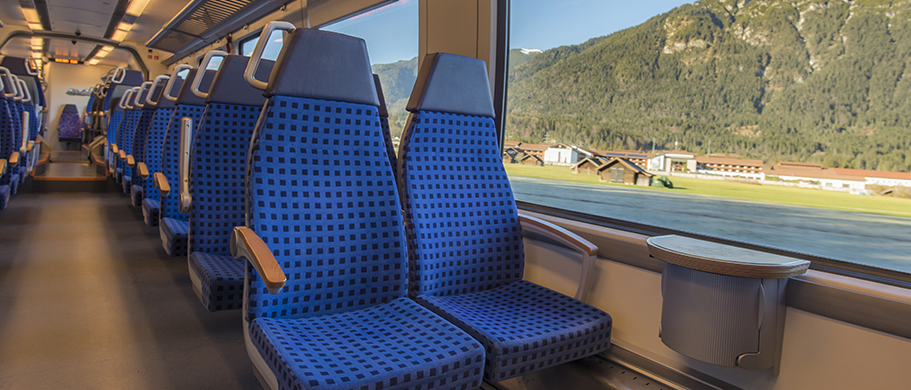When I say “first class,” what one word comes to mind?
Upgrade?
Travel?
Hotel?
Service?
To me, first class has always been a person, or a reputation. But that’s another subject, for another day.
When you travel a lot, you tend to want things better and more comfortable:
- better food
- better accommodations
- better modes of travel
- and, of course, better service.
To meet these customer demands, on any budget level, there’s every type of class of service. And over the years, nomenclature has changed to give people a different impression of where they are.
In Europe, to travel by train is “first class” or “second class.” BUT the class doesn’t just define the cabin; it defines the passenger, and the level of service that you will receive. American marketers have smartened up and they call the second class seating the “coach cabin” or even the “main cabin” to differentiate between those people traveling first class and those people that are not allowed to use the bathroom in the first-class cabin.

Hotels take it even further. Their worst, lowest-level room is called superior or deluxe. (Hotel terms for crappy and small.) Then they move up in class to executive, which means crappy and small on a higher floor. And in all full-service hotels, you can pick up the phone and order $5 worth of food for $50, plus tip.
That’s the price you pay for accommodation. And that’s the price you pay if you want the service. Room service is an option, like almost any luxury. But it’s an option for a reason: many people are willing to pay.
For those of you who travel all the time, there are joys and gripes. But for every gripe, there’s a service or a luxury antidote.
In the month of January, I took more than 40 airplane flights. There are many people who don’t take 40 airplane flights in a year, even a decade.
Yes, I sit in first class.
BUT HERE’S THE REALITY: The level of service is not much different than that of the “main cabin.” But it’s just different enough to be desirable. You get a beverage before the flight takes off, there’s a bigger selection of tasteless food, a better bathroom, and a somewhat better class of service. I say “somewhat” because it’s about 50/50 between excellent flight attendants and apathetic, rude flight attendants.
And sometimes, the lower-level service accommodations: airplanes, taxi cabs, restaurants, and hotels offer more friendly service than the high-priced spreads.
The key difference is friendly.
Friendly is not the only difference, but it leads to the other differences. Most people who are friendly tend to be more helpful, more empathetic, more accommodating, more engaging, and better, or should I say “way better,” at serving. It’s their pleasure to serve. Not their job to serve.
But here’s the problem: (Well, it’s not a problem, it’s more of a dilemma.) Once you’ve had the best service in the best places, it’s hard to take a backwards step.
All things being equal, once you’ve stayed at a Marriott, it’s hard to go back to a Holiday Inn. Once you’ve stayed at a Westin, it’s hard to go back to a Marriott. Once you’ve stayed at the Four Seasons, it’s hard to go back to the Westin.

HERE’S YOUR REALITY: There are levels of service at your place of business and your competition’s place of business. Unless the product is different in the mind of the customer, then your level of service, your level of friendliness, and your level of customer accommodation will make you more desirable, or less desirable, to do business with.
Service will also lead to word-of-mouth advertising and reputation. Your goal is to be known as a first-class company, full of first-class people. When you have that reputation, no one can beat you – especially no one with a lower price, lousy service, and unfriendly people.
The material equation at any “quality” level can be upstaged, even usurped, by the human equation of “service” as long as the disparity is not too deep, or wide. The gap might be too great between Holiday Inn and Four Seasons. But between a Holiday Inn and a Courtyard Marriott, I’ll take the friendly place with great service, every time.
What’s your reputation?
What are you known as?
And what are you known for?
These three elements will determine your fate, if not your profitability. If not your success.
And then the big questions arise:
How do you find out what your reputation is?
How do you find out what you’re known for or known as?
The answers are very simple – so simple that most companies overlook it, especially big companies with marketing departments and mission statements that are a bunch of drivel.
You can get all the information you need to determine first-class reputation and success by garnering it from this two-word answer: Your customer.
Their perception is your reality.
FREE GitBit
Want to read the list of my top 15.5 hotels in America?
Go to www.gitomer.com, register if you are a first-time user and enter the word HOTEL in the GitBit box.

